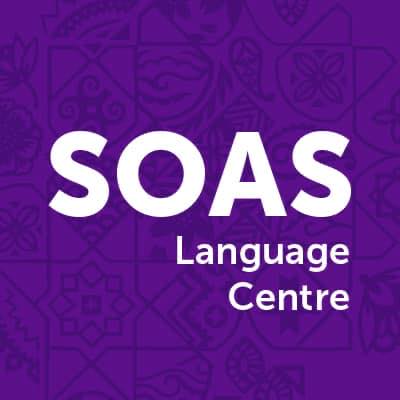The programme combines a multitude of different assessment types, core modules that include training in the programming language R and the option to take a professional placement module. Coupled with our renowned expertise in real-world and regional economics and an emphasis to a pluralist approach

The programme combines a multitude of different assessment types, core modules that include training in the programming language R and the option to take a professional placement module. Coupled with our renowned expertise in real-world and regional economics and an emphasis to a pluralist approach to teaching economic theory and policy, the degree will help you become a well-rounded, rigorous economist of today.
The Department of Economics is one of the country's leading departments specialising in political economy and heterodox approaches to economics as well as in the economics of development. Research and teaching are pursued on a variety of topics and are unique in their depth and range of regional and specialised coverage including topics from contemporary banking and finance the economics of the environment, gender economics, global economic policy, as well as the economic development of a variety of regions from Japan to the Middle East.
Why study Economics at SOAS?
Students take 120 credits composed of Core, Compulsory and Optional modules.
Important notice
Year 1 - Core and Compulsory
Year 1 - Guided options - List 1
Up to 30 credits from List 1 or language options
Year 2 - Core and Compulsory
Year 2 - Guided options - List 2
Up to 30 credits from List 2 or open options
Year 3 - Core and Compulsory
Year 3 - Guided options
60-90 credits from from list 2, 3A or 3C
Year 3 - Guided options - List 3B
Up to 60 credits from List 3B
Employment
Economics graduates leave SOAS with a solid grounding in statistical skills and an ability to think laterally, take a global perspective, and employ critical reasoning.
Recent graduates have been hired by:
Enroll now for our July and August Intensive courses 2023. Please see our timetables for the full list of scheduled courses and how to enroll.
Please find a list of language short courses we offer throughout the year. Unless stated otherwise, these languages may be offered either as a short-term time course or for tailored tuition. We enroll throughout the year in line with our term dates.
Complete our online form to register your interest in a language not currently advertised. We endeavor to introduce additional languages, given there is sufficient interest. Please read our terms and conditions before applying for any of our courses.
© 2025 coursetakers.com All Rights Reserved. Terms and Conditions of use | Privacy Policy